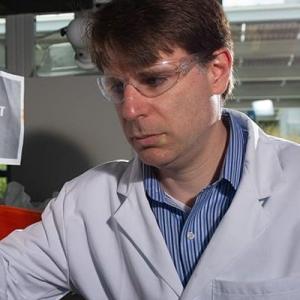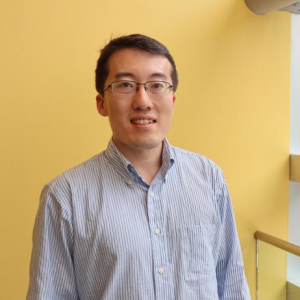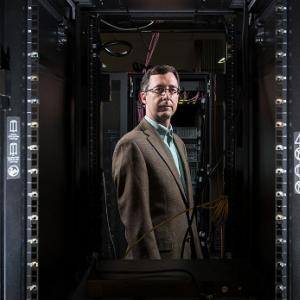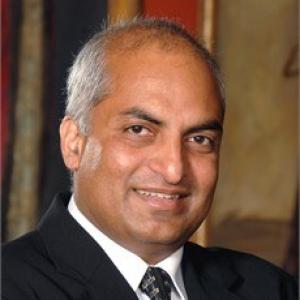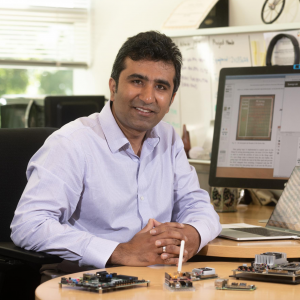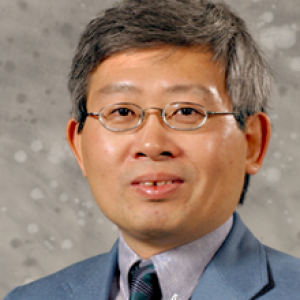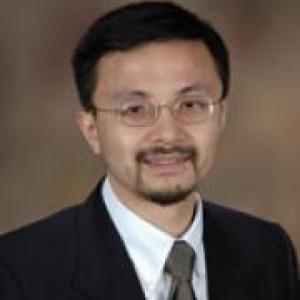Alenka Zajić
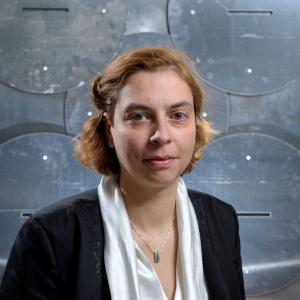
Alenka Zajić
Ken Byers Professor, School of Electrical and Computer Engineering
Alenka Zajic is currently the Ken Byers Professor in the School of Electrical and Computer Engineering at the Georgia Institute of Technology. She has received the B.Sc. and M.Sc. degrees from the University of Belgrade, Belgrade, Serbia, in 2001 and 2003, respectively, and the Ph.D. degree in electrical and computer engineering from the Georgia Institute of Technology, Atlanta, in 2008. Before joining Georgia Tech as an assistant professor, Zajic was a post-doctoral fellow in the Naval Research Laboratory and visiting faculty in the School of Computer Science at the Georgia Institute of Technology. Zajic is the recipient of the following awards: IEEE Atlanta Section Outstanding Engineer Award (2019), The Best Poster Award at the IEEE International Conference on RFID (2018), NSF CAREER Award (2017), Best Paper Award at the 49th Annual IEEE/ACM International Symposium on Microarchitecture (2016), the Best Student Paper Award at the IEEE International Conference on Communications and Electronics (2014), Neal Shepherd Memorial Best Propagation Paper Award (2012), the Best Paper Award at the International Conference on Telecommunications (2008), the Best Student Paper Award at the Wireless Communications and Networking Conference (2007), IEEE Outstanding Chapter Award as a Chair of the Atlanta Chapter of the AP/MTT Societies (2016), LexisNexis Dean's Excellence Award (2016), and Richard M. Bass/Eta Kappa Nu Outstanding Teacher Award (2016). She was an editor for IEEE Transactions on Wireless Communications 2012-2017 and an executive editor for Wiley Transactions on Emerging Telecommunications Technologies 2011-2016 .
404.556.7149
Office Location:
TSRB 415
On-Chip and Off-Chip Interconnects and Communication in Computer Systems; Mobile-to-Mobile Wireless Channel Modeling and Measurements; Underwater Wireless Channel Modeling and Measurements; Electromagnetic Security and Compatibility; Applied Electromagnetics; Wireless Communications
IRI Connections:

